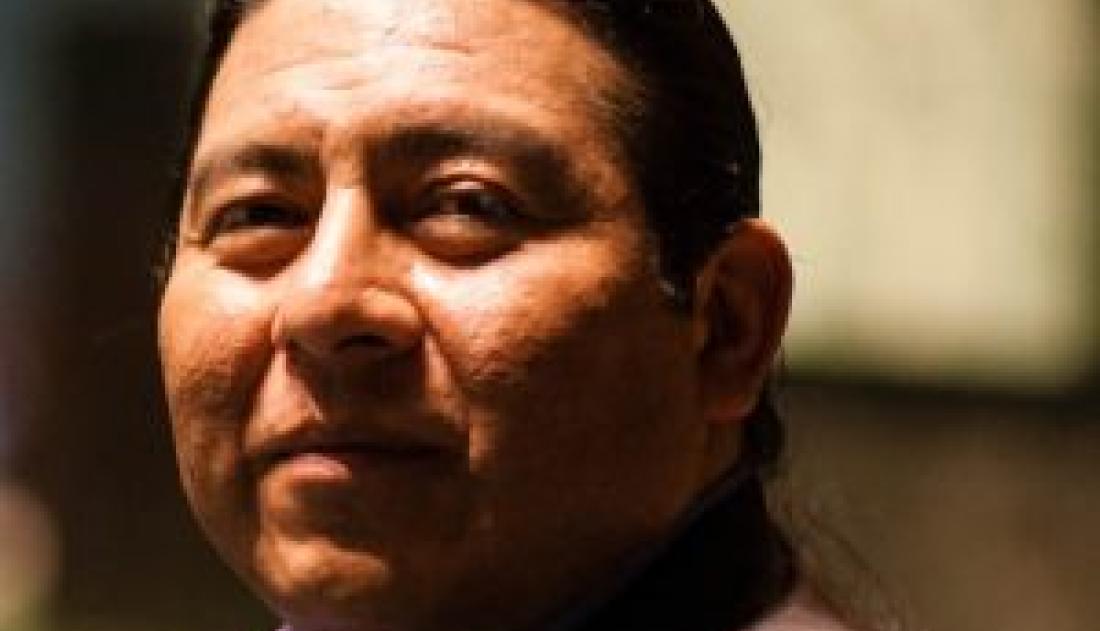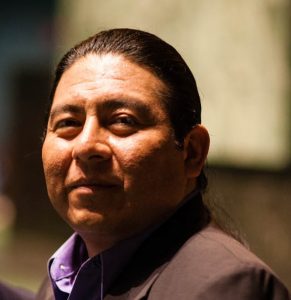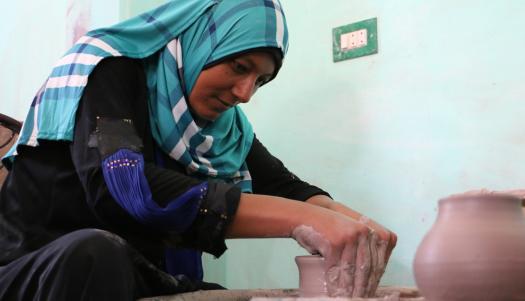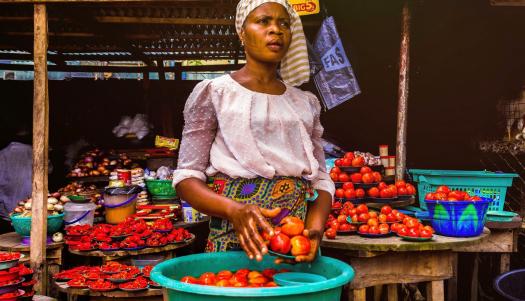
 5 July 2016 – Even in peaceful societies, Indigenous Peoples often find themselves involved in situations that escalate to conflict mostly relating to their lands, territories and resources or their civil, political, cultural, social, and economic rights. Indigenous Peoples also increasingly experience situations of armed conflicts and militarization on their lands. In nearly every region of the world, Indigenous Peoples are being displaced and severely impacted by the resultant violence. Such conflicts in Indigenous Peoples’ lands and territories fundamentally affect the lives of Indigenous women and their families and communities by causing violations of their human rights, displacement from their ancestral lands and extreme economic vulnerability.
5 July 2016 – Even in peaceful societies, Indigenous Peoples often find themselves involved in situations that escalate to conflict mostly relating to their lands, territories and resources or their civil, political, cultural, social, and economic rights. Indigenous Peoples also increasingly experience situations of armed conflicts and militarization on their lands. In nearly every region of the world, Indigenous Peoples are being displaced and severely impacted by the resultant violence. Such conflicts in Indigenous Peoples’ lands and territories fundamentally affect the lives of Indigenous women and their families and communities by causing violations of their human rights, displacement from their ancestral lands and extreme economic vulnerability.
The UN Permanent Forum on Indigenous Issues discussed ‘Indigenous Peoples: conflict, peace and resolution’ during its recent session in May 2016, with a panel of experts on the theme. The ongoing insecurity in Mali and its impact on the Tuareg peoples was highlighted during this discussion. In its report, the Permanent Forum urges the international community to support the peace process in Mali and to establish an independent monitoring committee that will oversee the implementation of the peace agreement of 20 June 2015 with the effective and representative participation of the Tuareg peoples in accordance with articles 7 and 37 of the UN Declaration on the Rights of Indigenous Peoples (Report of PFII at the fifteenth session E / 2016/43-E / C.19 / 2016/11).
There is concern raised regarding the current slow pace of implementation on the June peace agreement, and there continue to be reports of serious human rights violations and abuses. In the past reporting period (19 Mar – 31 May 2016), a total of 96 such cases have been reported, with 131 victims identified, including 31 children. The number of internally displaced persons is estimated to be at about 52,000, of which 51 per cent are children and 25 per cent are women, while almost 145,000 Malian refugees remain in Burkina Faso, Mauritania and Niger (as per the latest report of the UN Secretary-General on the situation in Mali). It is imperative that a lasting and peaceful solution is found, and that this addresses the rights of the Tuareg peoples in Mali in order to empower them socially and economically to make them independent from international humanitarian aid. I therefore echo Secretary-General Ban-Ki Moon’s expectation that the signatory parties will do whatever they can to ensure the swift and full implementation of the peace agreement.
There can be no solution to any conflict unless the affected Indigenous Peoples are equal partners in the peace process. We must thus continue to uphold the rights enshrined in the UN Declaration on the Rights of Indigenous Peoples as the minimum standards for the survival, dignity and well-being of the Indigenous Peoples of the world.
“Injustice anywhere is a threat to justice everywhere”
~ Martin Luther King Jr.
 Welcome to the United Nations
Welcome to the United Nations


